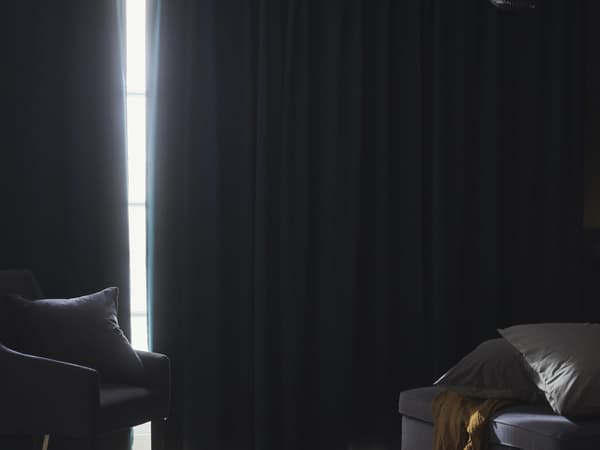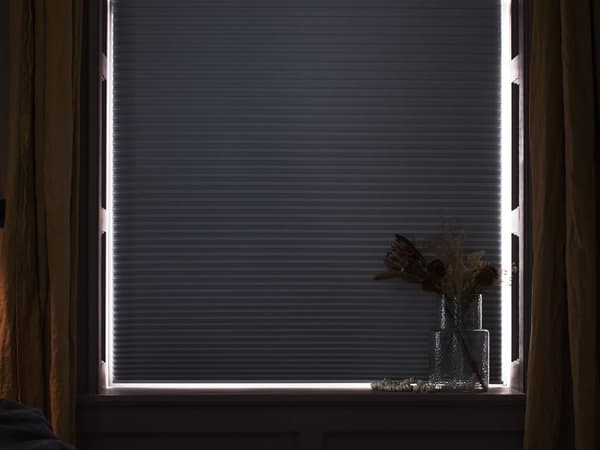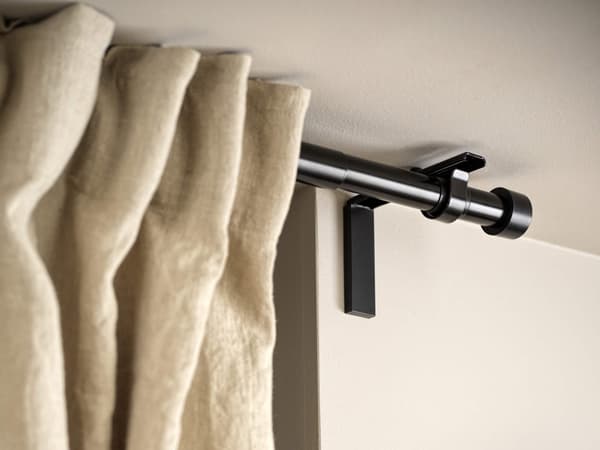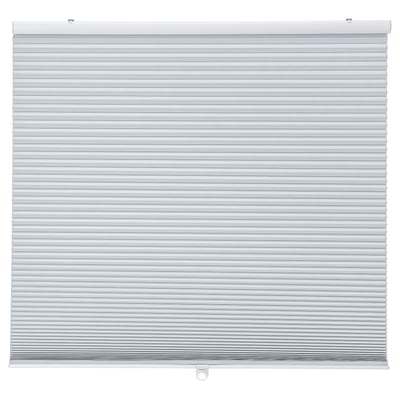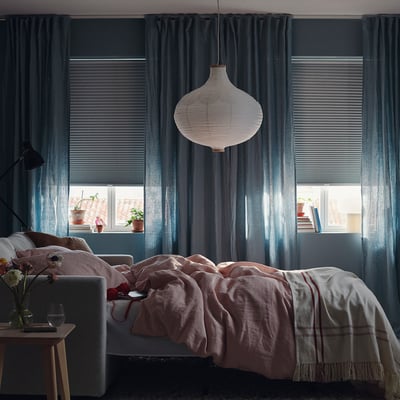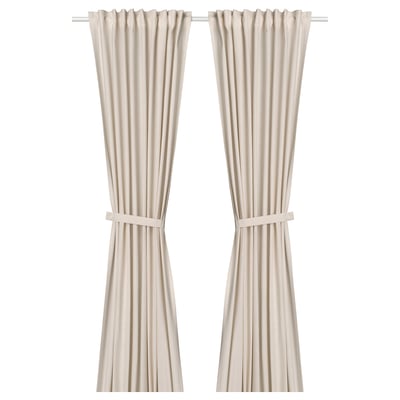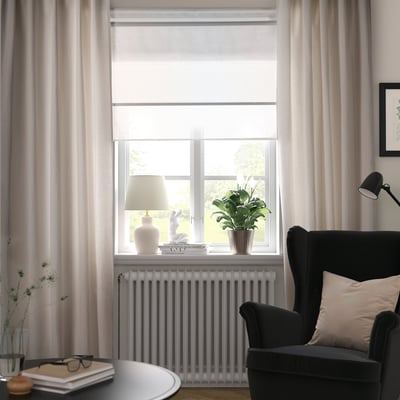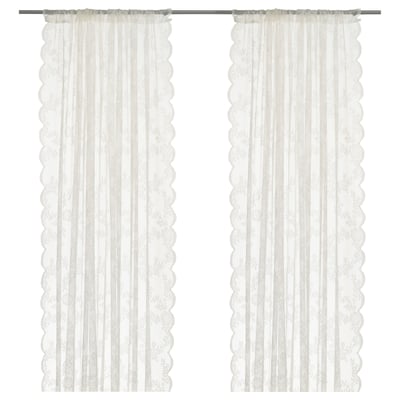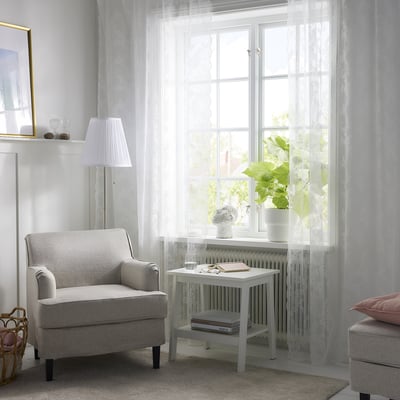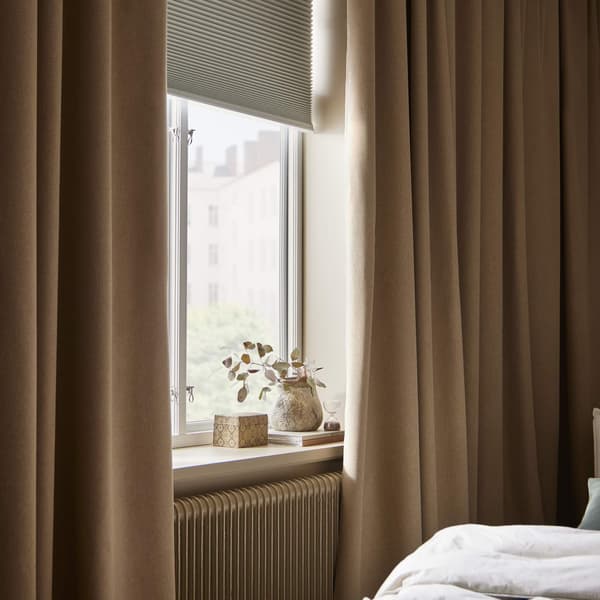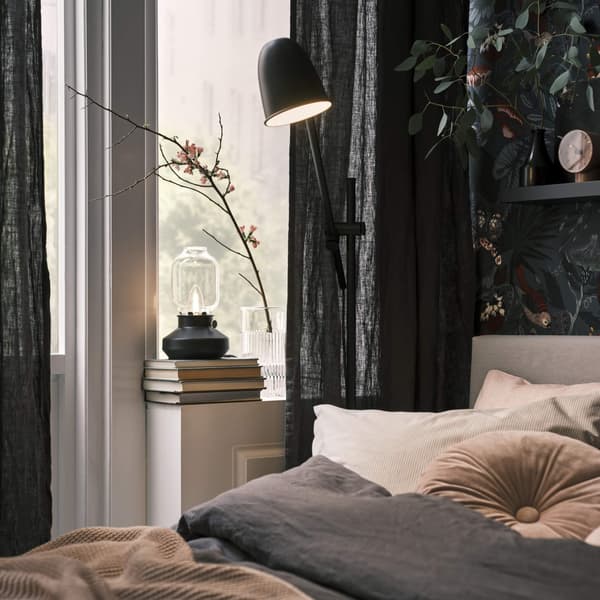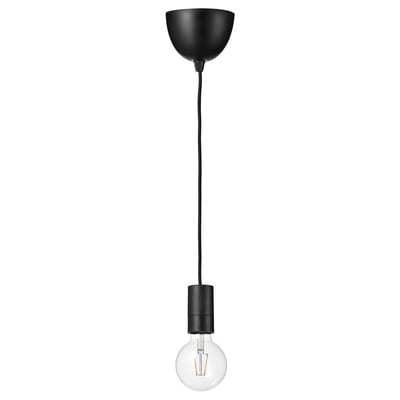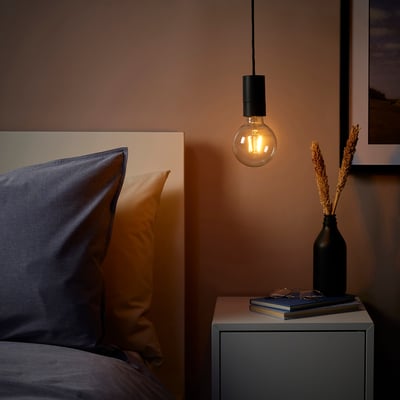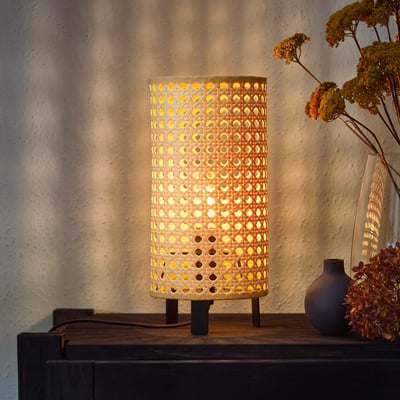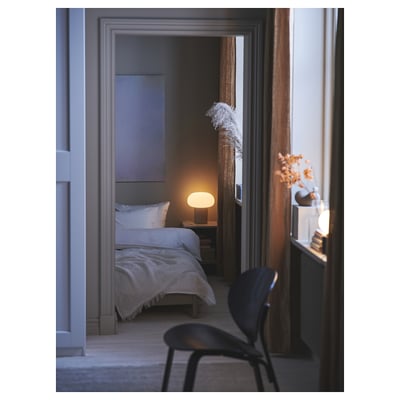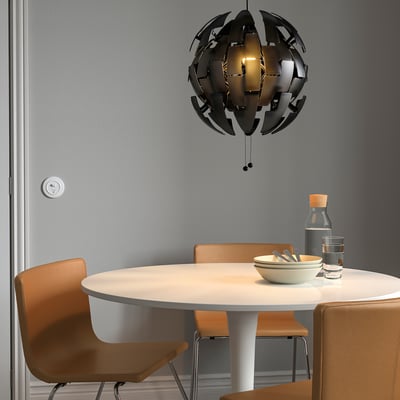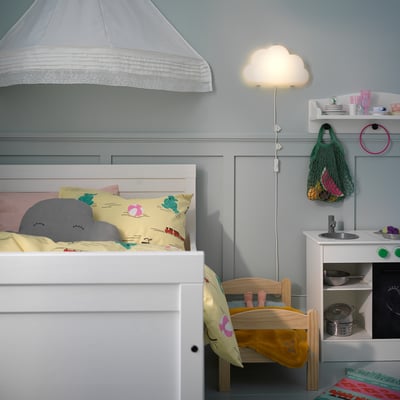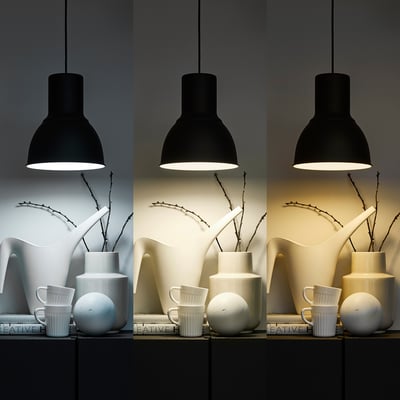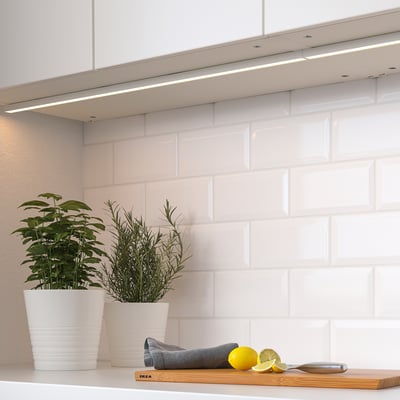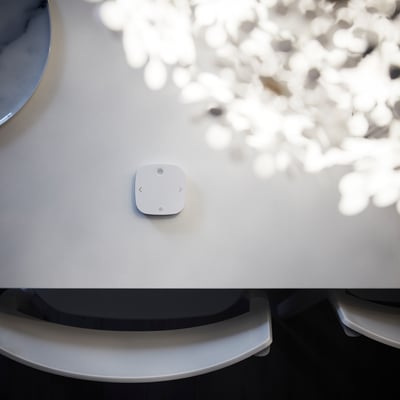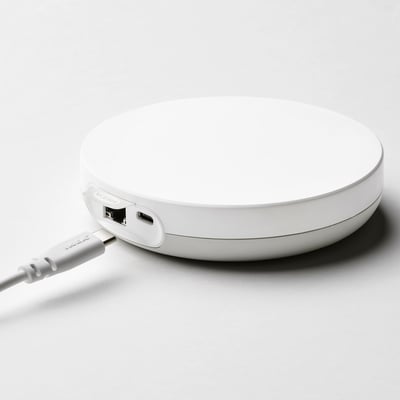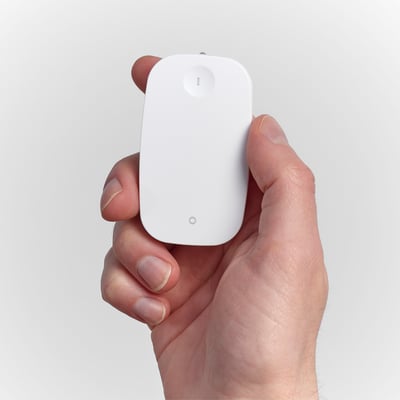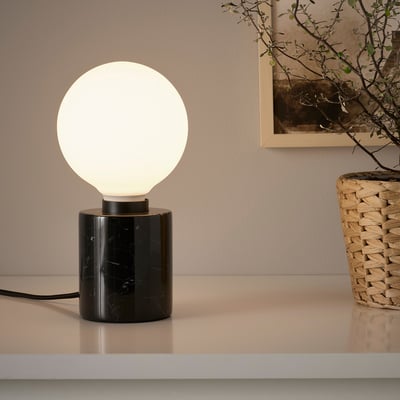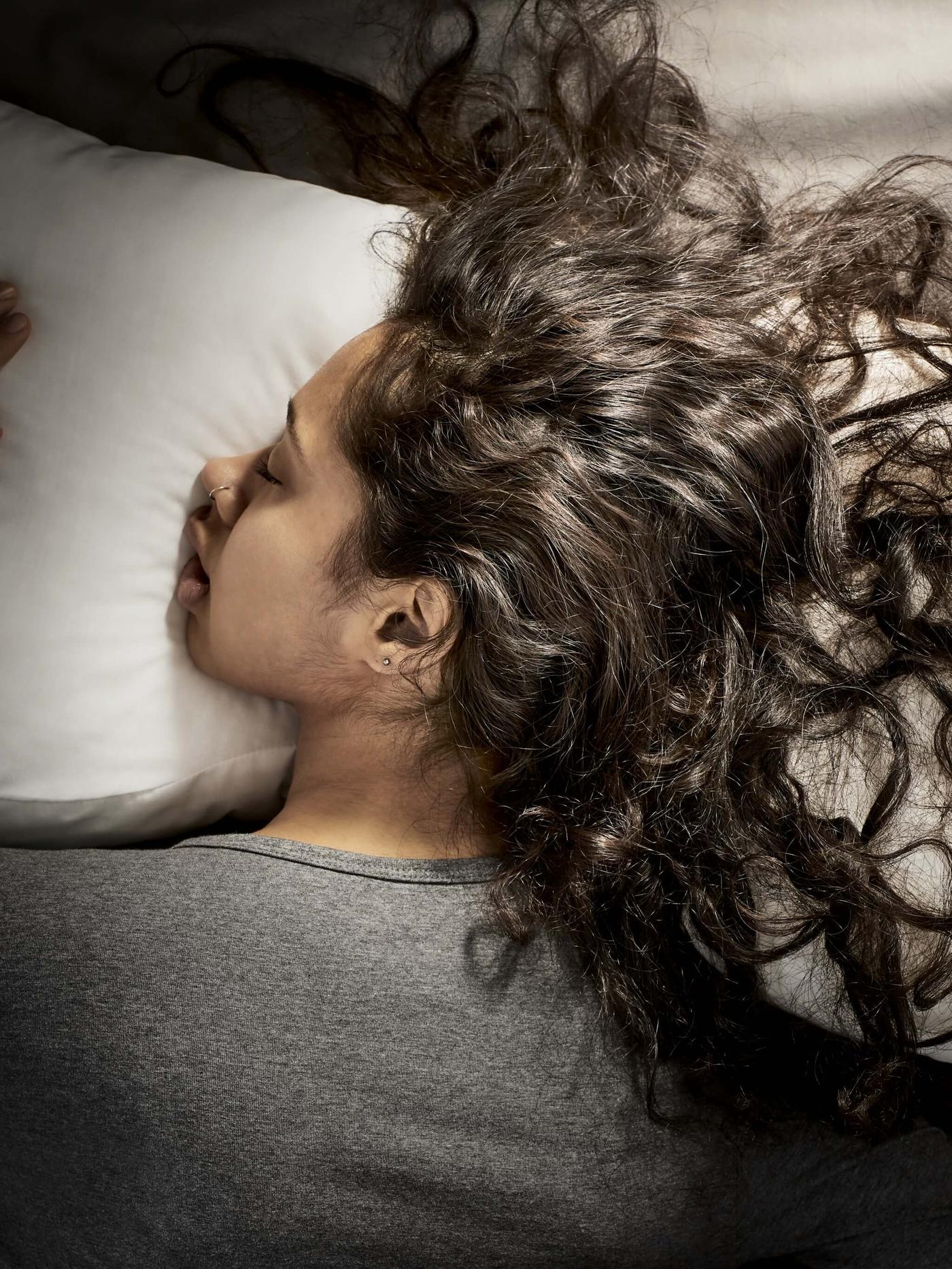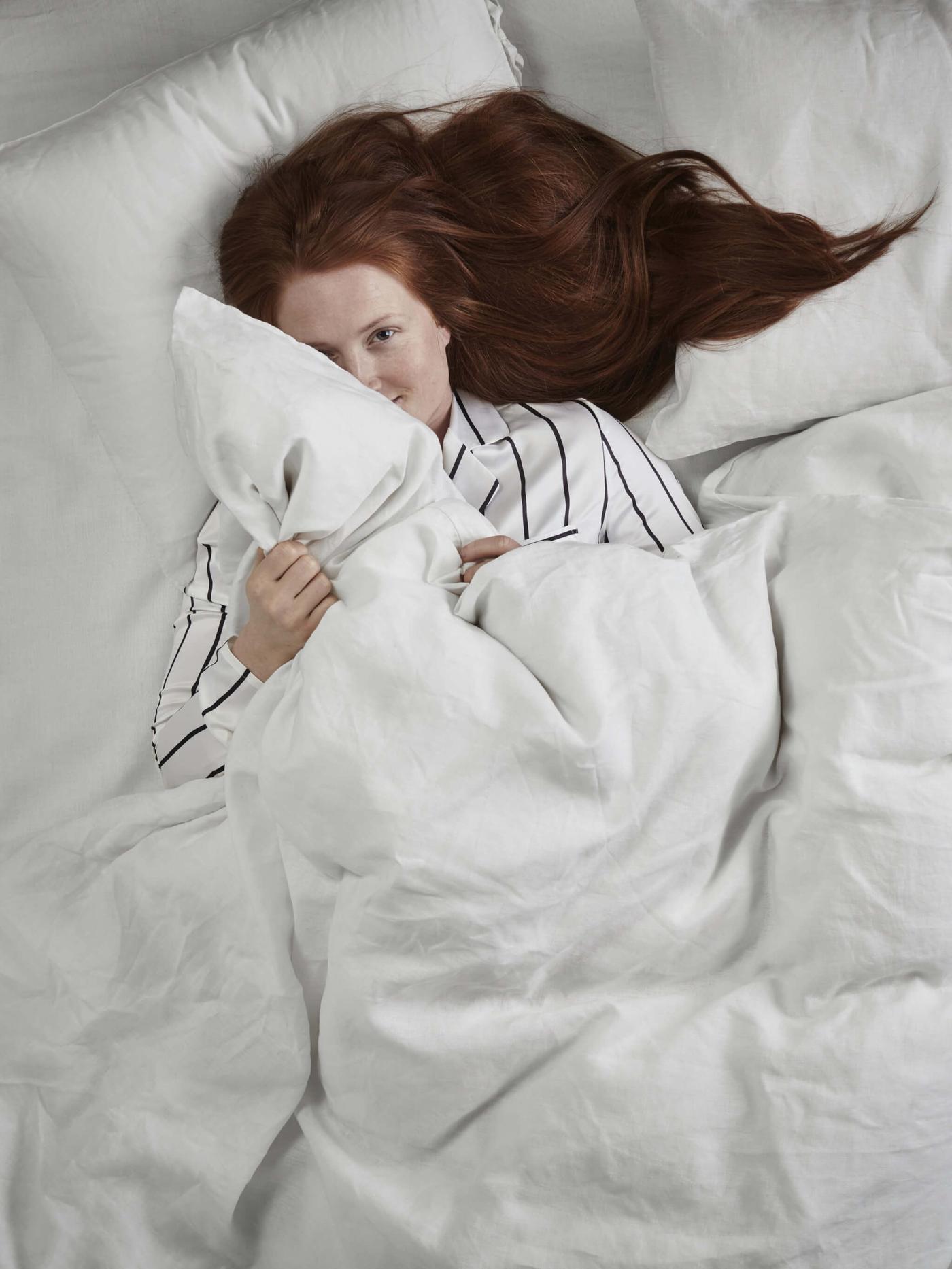What color light is best for sleep?
What light is best for sleep?
Experts advise sleeping in a dark room to improve sleep quality. Light exposure before or during sleep, from sources like streetlights, phones, or overhead lights, can disrupt sleep. Blackout curtains can help create optimal darkness.
Excessive light can disturb your sleep, impacting your circadian rhythm. Too much light before sleep can keep your body alert instead of winding down. Different types of light can also inhibit melatonin production, making it harder to fall asleep.
Close the curtains and dream on
Blackout curtains are a dreamer’s best friend. You can easily block out the moonlight, the sunlight, the streetlights, your neighbor’s absurdly elaborate Christmas lights, all of the lights. They’re also a lovely way to style up your bedroom with a blast of solid color or a fun pattern.
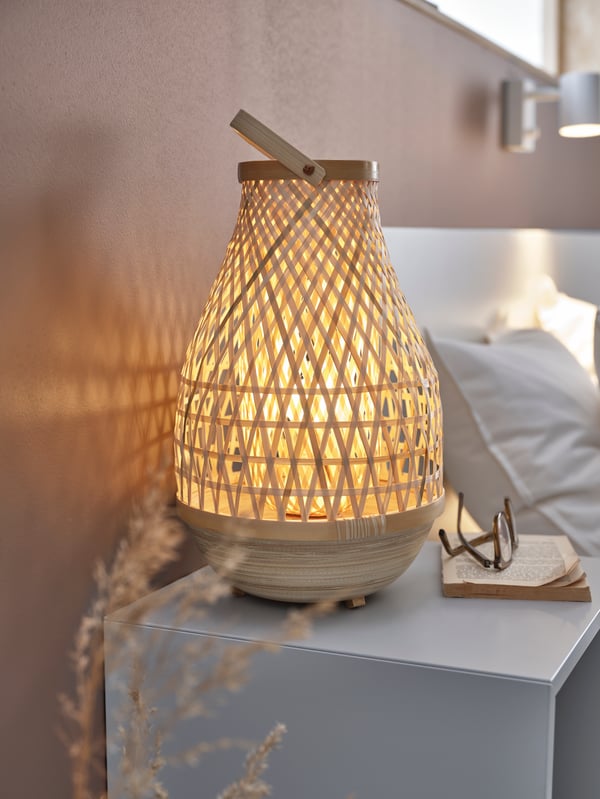
- Product information page
Bamboo beauty
The MISTERHULT lamp provides sustainable innovation with the benefit of bamboo beauty. By using what would be discarded bamboo leftovers, the bamboo enhances the expression of the lamp and provides a soft glowing light that gives your bedroom a warm and welcoming atmosphere. Each lamp is handwoven by skilled craftspeople which means, each one of our MISTERHULT lamps is completely unique!
Invest in dimmable lamps to gradually reduce light after sunset or leading up to bedtime. Use fewer lights or lower-intensity sources in the evening for a calmer atmosphere.
Avoid blue light from electronics like phones and TVs before sleep, as it hinders melatonin production. Try resisting the urge to check emails or social media before bed to improve sleep quality.
Explore more essentials for great sleep
Your lights are set for a deep, dark slumber. Now let’s learn about the other five components that can help you get a great night’s sleep every night!
